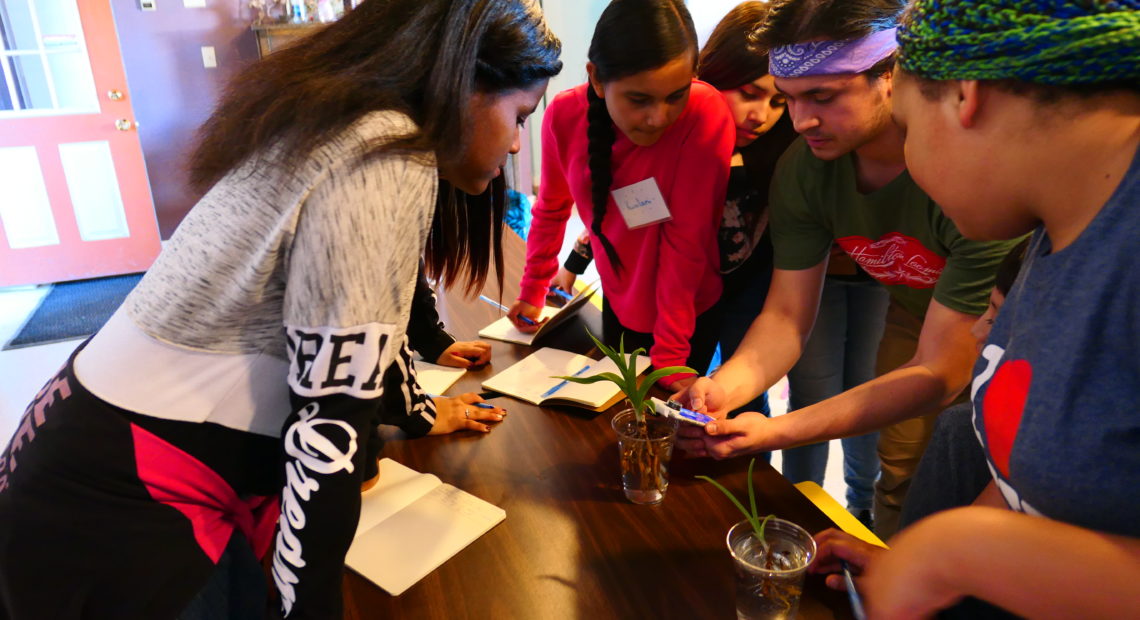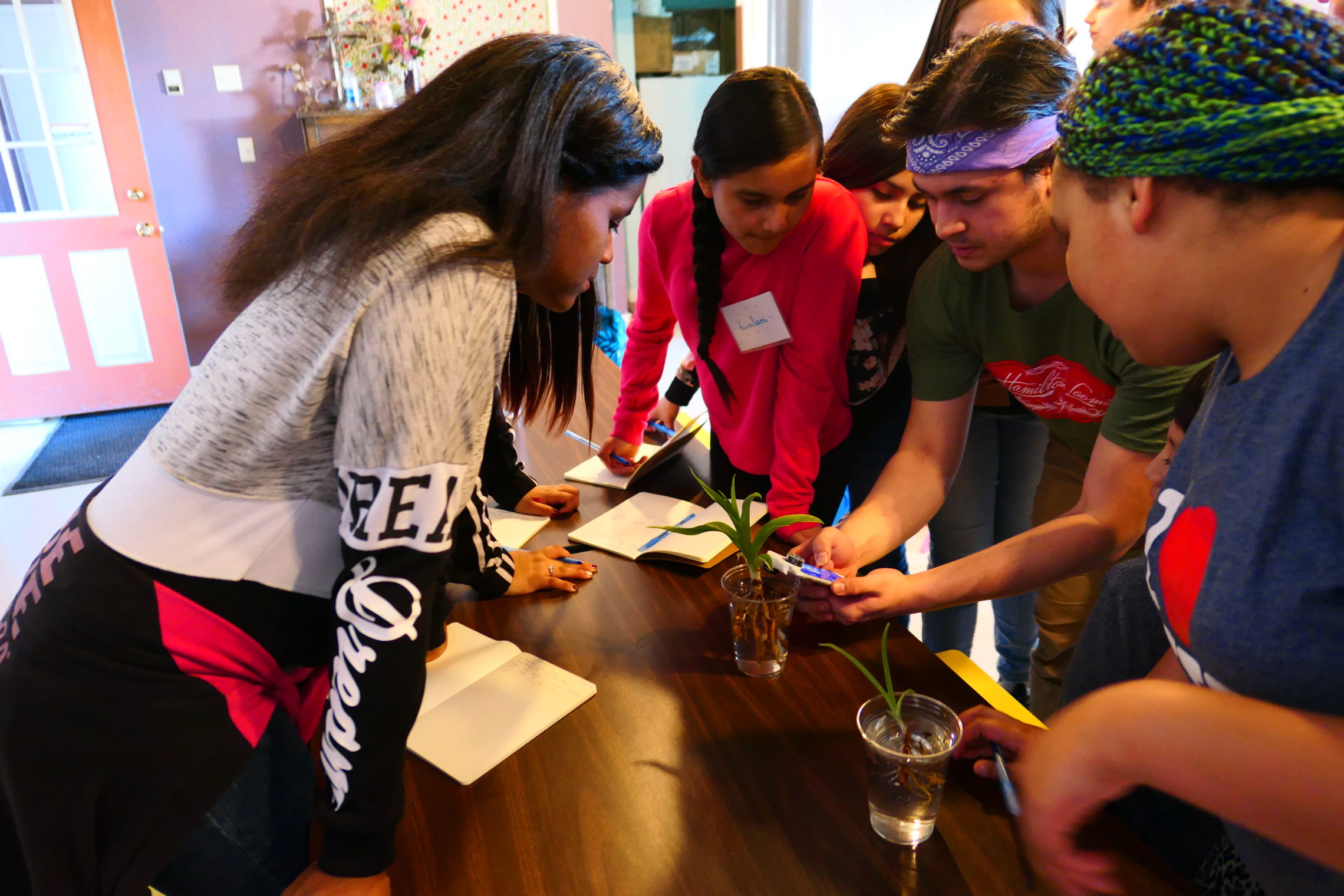
UW Spring Breakers Team Up With Rural And Tribal Schools For Student-Led Teaching
Spring break is in full swing for some students. This season, 80 students from the University of Washington skipped the beach and headed for more rural parts of the state.
It happened through the UW Pipeline Project, an alternative spring break program that connects university students to public schools around the state.
The schools are often tucked away in places like Omak and Brewster or on tribal lands like White Swan High School on the Yakama Nation.
Danah Kowdan is a senior at UW. She spent her spring break at Campbell Farm in Wapato, where she taught 6th graders about hydropower.
It was her first time visiting Central Washington.
“There’s a lot of cultural shock,” Kowdan said. “I just saw how underfunded and underrepresented these schools are. That’s very shocking to me because there’s very untapped potential there.”
Kowdan knows the power of education and equity firsthand. Her grandmother was illiterate, and she’s proud to come from a family of Somali immigrants.
“It’s a symbiotic relationship. They’re teaching me as much as I’m teaching them,” Kowdan said.
This year, the UW Pipeline Project connected 1,200 K through 12th grade students at 17 schools around the state. The project is also celebrating its 20th anniversary.
Correction: This story has been updated to correct the spelling of Danah Kowdan’s name.
Related Stories:

From Vegas to Waitsburg, classroom new stage for former showgirl
Patti Jo Amerein danced in Las Vegas shows for 15 years starting in the 1980s. Now, she’s sharing her memories and lessons learned during a class for people over 50

New WA law about DEI in education divides Prosser residents
Washington schools are now required to include Diversity, Equity and Inclusion history and contributions in curriculum. But in Prosser – the newly passed law is already causing divides.

Institutions to help students navigate new FAFSA application
Applications for federal student financial aid are open from now, through June. FAFSA recently launched its form 2024-25, which expands the eligibility criteria for federal student aid. Students and families can get some help understanding the process at several different places in Central Washington.
















